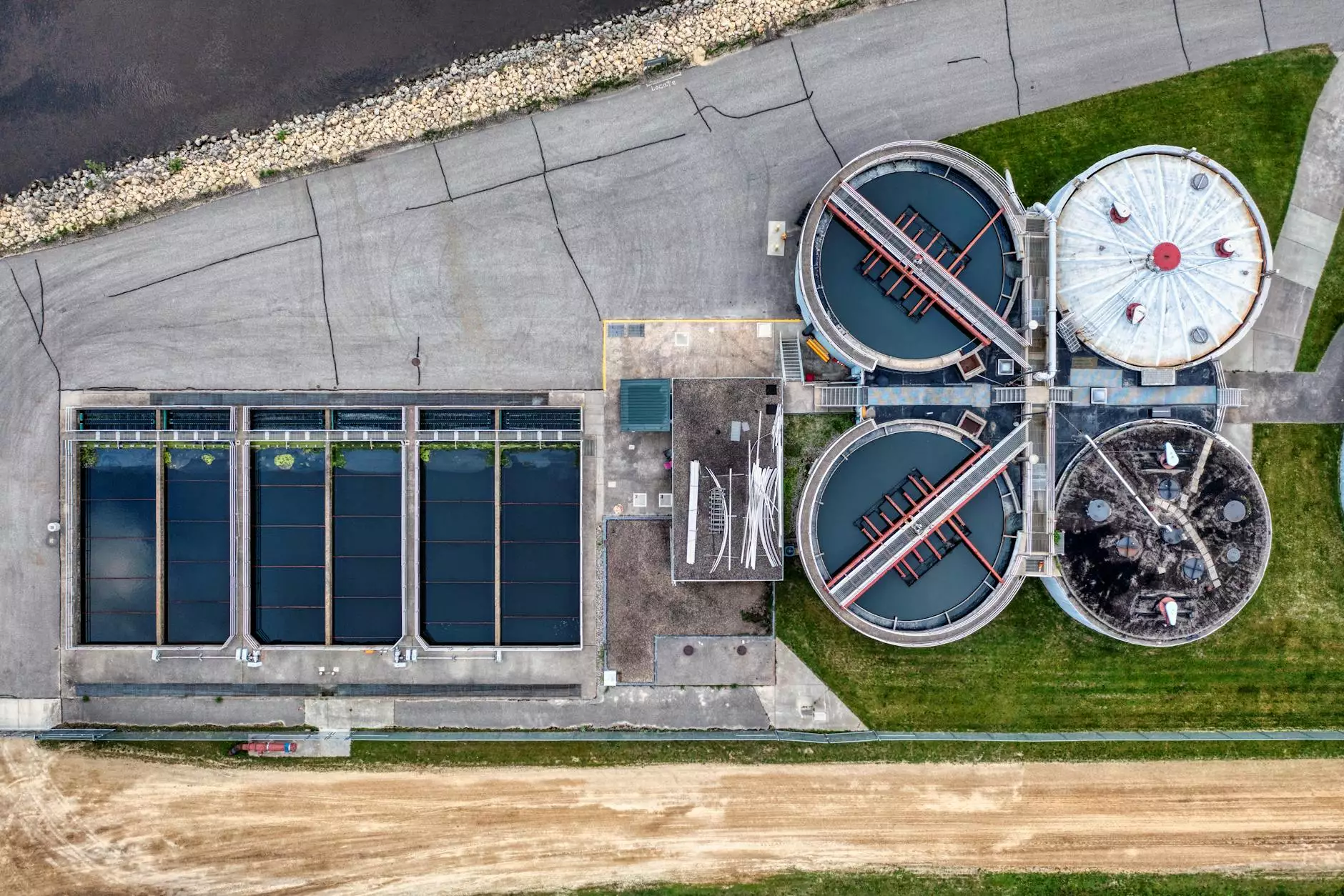5 Benefits of Filtration: Enhancing Water Quality and Safety

In today’s fast-paced world, having access to clean and safe drinking water is more important than ever. As water contamination continues to pose risks to health and the environment, effective filtration systems have emerged as a vital solution. This article explores the 5 benefits of filtration and how it plays a critical role in water purification services.
Understanding Water Filtration
Water filtration is the process of removing impurities and contaminants from water using physical, chemical, or biological methods. These systems can provide numerous advantages, from improving taste and odor to ensuring safety from harmful agents. In the following sections, we will delve deeper into the significant benefits that filtration offers.
1. Improved Drinking Water Quality
One of the most significant benefits of water filtration is the dramatic enhancement of drinking water quality. Regular tap water can contain a variety of contaminants, including:
- Chlorine and chloramines
- Heavy metals such as lead or mercury
- Pesticides and herbicides
- Bacteria and viruses
- Sediments and particulate matters
Filtration systems significantly reduce these impurities, providing cleaner and safer water for consumption. This is particularly crucial for vulnerable populations, such as children and the elderly, who are more susceptible to the harmful effects of contaminants.
2. Enhanced Taste and Odor
Another remarkable benefit of filtration is the improvement in the taste and odor of water. Many people are put off by the chlorine taste present in municipal water supplies or by earthy or musty odors. Filtration systems can effectively remove these undesirable characteristics, resulting in:
- Fresh, crisp taste: Filtering out chlorine and other chemicals enhances the overall flavor of water.
- Clean aroma: A good filtration system eliminates any unpleasant odors, making the water more inviting to drink.
Access to better-tasting water encourages hydration, which is vital for overall health.
3. Safe Water for Cooking and Cleaning
Safe, purified water is essential not only for drinking but also for cooking and cleaning. Using filtered water for cooking can lead to healthier meals, while cleaning with it ensures that your household surfaces remain sanitized without introducing harmful contaminants. Some key points of using filtered water include:
- Better food quality: Cooking with filtered water means your soups, stews, and other dishes do not carry any chemical flavors or odors.
- Improved hygiene: Using filtered water for handwashing and cleaning can reduce the risk of spreading germs and bacteria throughout the home.
This guarantee of safety makes filtration systems especially important for families and individuals who prioritize health and hygiene.
4. Cost-Effectiveness and Environmental Benefits
Investing in a quality filtration system can be more cost-effective and environmentally friendly compared to relying on bottled water. Here’s how:
- Lower costs: Over time, purchasing bottled water for daily consumption can be significantly more expensive than using a filtration system.
- Reducing plastic waste: By using a filtration system, you decrease your reliance on single-use plastic bottles, contributing to a healthier planet.
In addition, many filtration systems are designed for long-term use, resulting in lower maintenance costs than consistently purchasing bottled water.
5. Contribution to Public Health
The broader impact of effective filtration systems extends to public health. Clean water is a vital component in preventing waterborne illnesses, which can have devastating effects on communities. Key aspects include:
- Reducing disease transmission: Proper filtration helps prevent the spread of harmful bacteria and viruses, keeping the community safe.
- Enhanced water safety regulations: In areas reliant on filtration, communities often see improved compliance with water safety regulations.
By investing in effective filtration systems, individuals not only protect themselves but also contribute positively to the health and safety of their communities.
Conclusion: The Vital Role of Filtration in Water Purification
In summary, the 5 benefits of filtration—improved drinking water quality, enhanced taste and odor, safe water for cooking and cleaning, cost-effectiveness, and contribution to public health—underscore the importance of investing in effective filtration systems. As a leading provider of water purification services, Thomas Desalination is committed to offering reliable solutions that ensure safe and clean water for everyone.
Stay informed, stay safe, and enjoy the many benefits that come with clean, filtered water!









